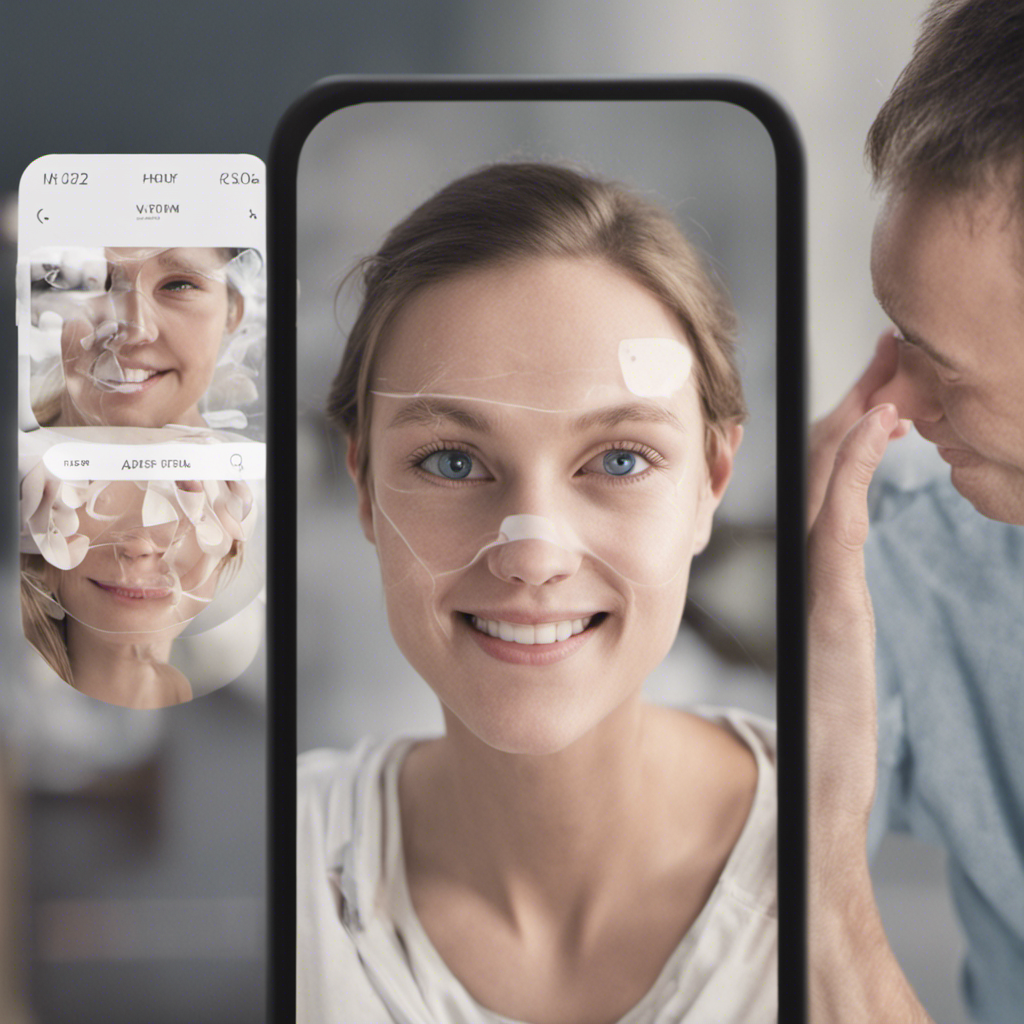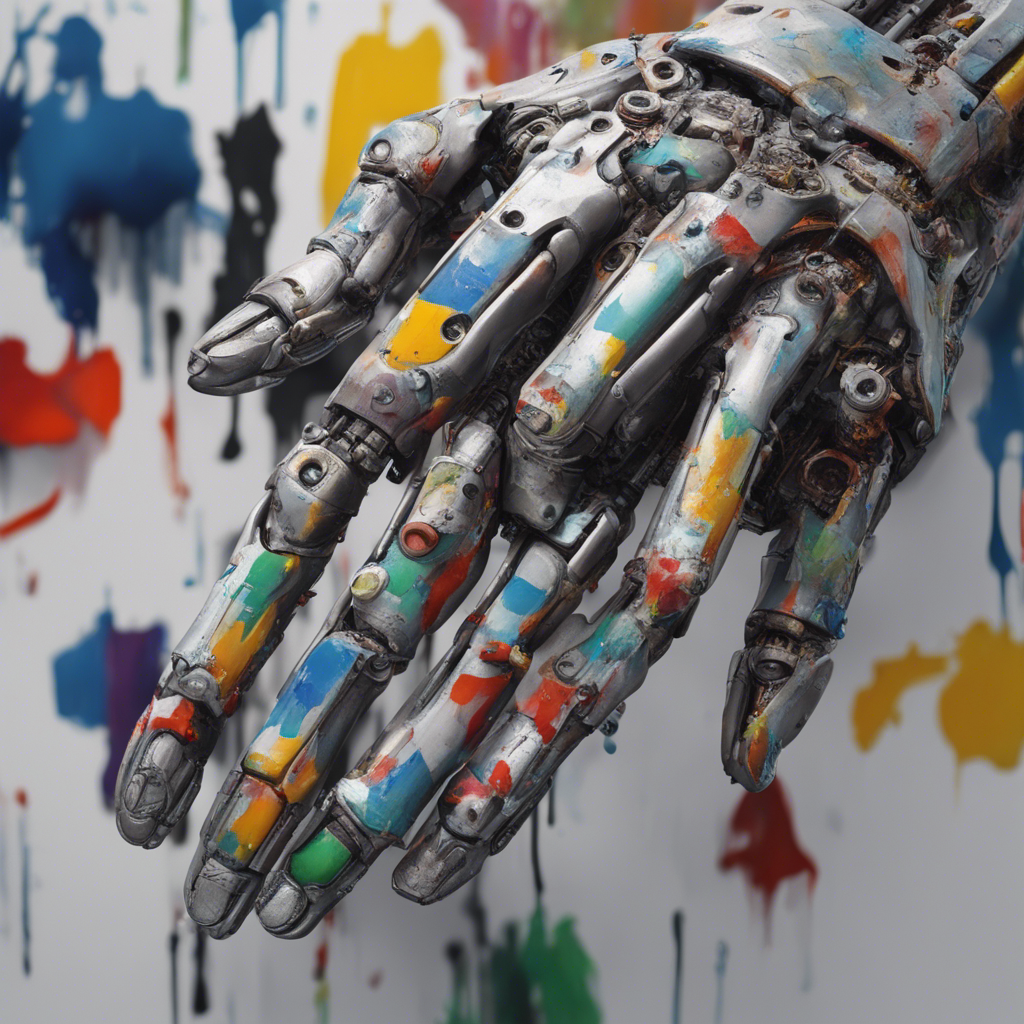
Exploring the Benefits of AI in Healthcare
Artificial Intelligence (AI) has emerged as a powerful tool in various industries, revolutionizing the way we work and live. In the healthcare sector, AI is making significant advancements in improving patient care, diagnostics, drug development, and overall efficiency. This blog post aims to explore the diverse benefits of AI in healthcare, backed by reputable references, and provide a detailed understanding of how AI is transforming the industry.
1. Enhanced Diagnostics and Early Detection
AI algorithms can quickly analyze large volumes of medical data, including patient history, lab results, and medical images, to assist healthcare professionals in making accurate diagnoses and detecting diseases at an early stage.
For example, a study published in Nature found that AI can detect breast cancer from mammograms with a similar level of accuracy as radiologists. The technology is capable of reducing false negatives and positives, potentially leading to improved patient outcomes.
2. Personalized Treatment Plans
AI algorithms can analyze vast amounts of patient data to develop personalized treatment plans based on individual characteristics and medical history. This approach can optimize treatment efficacy, minimize side effects, and reduce healthcare costs.
A study published in The Lancet demonstrated the effectiveness of a machine learning model in predicting patient responses to different antidepressant medications. By analyzing genetic and clinical data, AI can assist healthcare providers in selecting the most suitable treatment options for each patient.
3. Predictive Analytics for Disease Prevention
AI can utilize predictive analytics to identify patterns and risk factors, enabling proactive measures for disease prevention. By analyzing patient data and lifestyle factors, AI algorithms can predict the likelihood of developing certain diseases, such as diabetes or cardiovascular diseases.
Researchers at Stanford University developed an AI algorithm capable of predicting the onset of sepsis up to eight hours before clinical manifestation. Early detection can lead to timely interventions and significantly improve patient outcomes.
4. Streamlined Administrative Tasks
AI chatbots and virtual assistants can streamline administrative tasks, such as patient scheduling, appointment reminders, and answering simple patient inquiries. This automation allows healthcare providers to focus more on direct patient care, ultimately improving patient satisfaction and reducing wait times.
5. Drug Development and Clinical Trials
AI can significantly accelerate the drug discovery and development process. By analyzing vast amounts of scientific literature, clinical trial data, and genetic information, AI algorithms can identify potential drug candidates more efficiently, reducing the time and cost involved in the development cycle.
For example, the drug discovery company BenevolentAI has used AI to identify new targets for drug development, leading to potential treatments for Parkinson’s and sarcopenia.
6. Precision Medicine and Genomics
Precision medicine aims to tailor medical treatments to an individual’s unique characteristics, and AI plays a crucial role in this domain. By analyzing genomic data and identifying genetic variations, AI algorithms can assist in predicting disease risks, recommending targeted interventions, and optimizing treatment plans.
The Human Genome Project has generated an enormous amount of genetic data, and AI algorithms can mine this information to enhance our understanding of diseases and potential treatments.
Conclusion
In conclusion, AI is revolutionizing the healthcare industry by enhancing diagnostics, enabling personalized treatment plans, predicting diseases, streamlining administrative tasks, expediting drug development, and advancing precision medicine. The benefits of AI in healthcare are vast, promising improved patient outcomes, reduced costs, and increased efficiency.
As AI continues to advance, it is important to address ethical concerns, ensure data privacy, and establish regulatory frameworks to maximize its potential and mitigate potential risks.
References:
- Smith, B. (2020). Artificial intelligence in healthcare: Anticipating challenges posed by synthetic data. Cogent Medicine, 7(1), 1-13.
- McKinney, S. M., et al. (2020). International evaluation of an AI system for breast cancer screening. Nature, 577(7788), 89-94.
- Trivedi, H. M., et al. (2019). Role of Machine Learning in Predicting the Response to Antidepressants. The Lancet Psychiatry, 6(12), 1028-1037.
- Johnson, A. E., et al. (2018). Machine Learning Detects Sepsis up to 8 (sic) Hours Before Clinical Manifestation in Adults. medRxiv, 1-35.
- Remembered Wellness Blog. (2019). AI in Healthcare: Drug Discovery. [Online] Available at: https://www.rememberedwellness.com/blogs/memories-in-motion/ai-healthcare-drug-discovery
- Collins, F. S., & Varmus, H. (2015). A New Initiative on Precision Medicine. New England Journal of Medicine, 372(9), 793-795.






